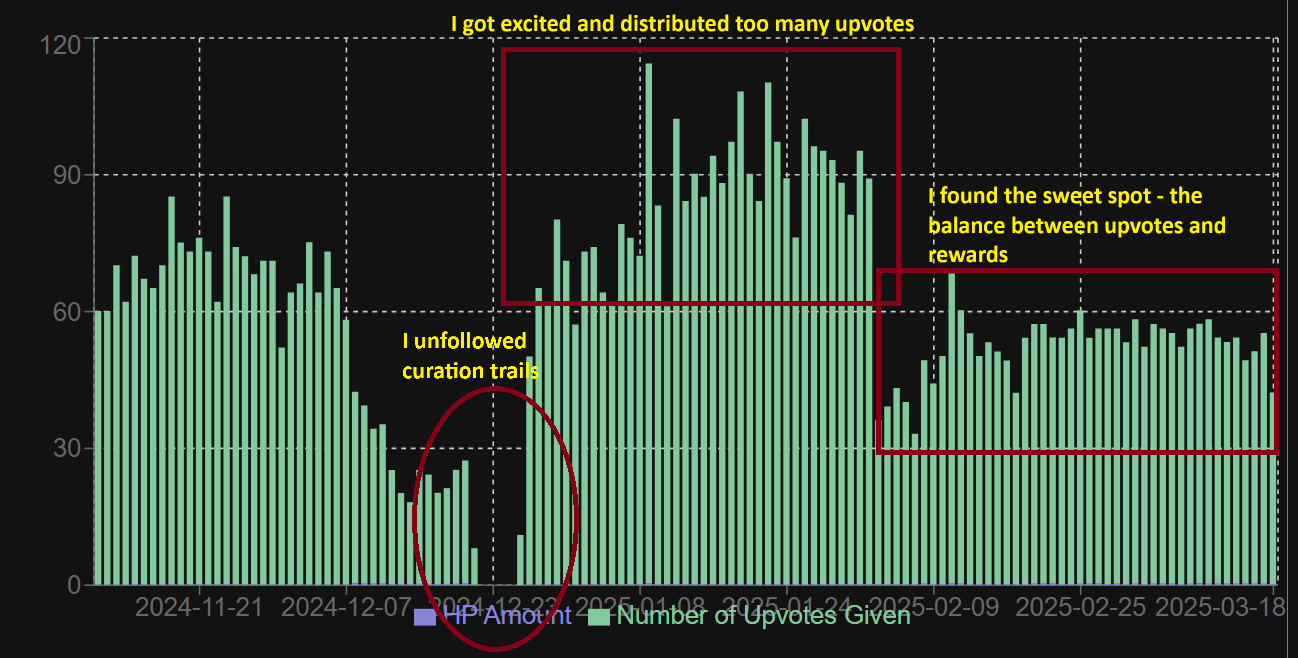 Source: https://www.mdpi.com/2227-7390/8/8/1376
Source: https://www.mdpi.com/2227-7390/8/8/13762020 has been sweet for trading and investment because of the great sales event of March. John, a dictionary character earned as much as 50% gains from the market, and now he is more confident and has put 60% of his portfolio into growth stocks.
On one fine day in February John wakes up to discover that his investment into growth stocks has shrunk by 20% in just one day. Even though it's less than what he earned in 2020, but he started the year with new capital, with new goals. All the earnings and then some were gone from the year 2021 in just one day.
What could he do? Could he have a stop-loss on his stocks? Could he insure his investment or he should just ride the tides and pour in more money to average the loss out?
Hedging
Hedging is a term used synonymously with Insurance of your investment. It is unlike your conventional insurance however it does save a lot of trouble. It saves you from big events like market crashes.
Hedging is a risk management strategy used to offset the losses in investments by taking an opposite position in the related asset(s). The more the risk reduces, the lesser the profits become.
So, essentially a hedge is another investment that moves in the opposite direction and you are betting on it and making money from its downward trend while ensuring your main investment. Hedging can also be done with the Futures market.
For example, you like a security ABC Co. and you buy its share for the long term however the current market trend and selling pressure makes you rethink your investment. You are worried that this can go much deeper before reaching ur targets of the future, the moment you realize and establish through charts and the current market situation, you can buy a PUT option to a price target in the future. A Put option will work for you as insurance.
Put Options
It's a contract that you buy for a certain price. It gives you the right to sell 100 shares at the strike price. The strike price in this case is what you think this company's share will fall to in a certain amount of days.
So, there is a contract, with a strike price and an expiry date. If the strike price comes before the expiry, you are in-the-money, otherwise, you are out-of-the-money.
A perfect hedge is 100% inversely proportional to your actual investment and it's really hard to find. One must weigh all the costs related, i.e. Options Contract Cost + Exercising of the Contract cost must make you some profit or wether selling the contract without exercising it would make you some reasonable money.
Hedging has its downsides because that's what insurances are meant to do, either you make money from the insurance, or you lose the insurance because that event did not happen in the time you bought insurance for. So, the bottom line is that if your PUT option failed and if it was a good hedge, then your stock must have made you some money. An example of a good hedge during coronavirus would be, Hedging retail shopping stock/ETF with a Technology or E-commerce ETF. You know that the e-commerce sector will always offset the retail sector or vice versa.
If you are a long-term investor, you do not want to worry about hedging because your cost averaging with consistent buying will save you in the long-term. However, for day and swing traders, hedging might come into play for riskier stocks and trades.
DISCLAIMER: Invest Responsibly and do your research before following anyone's advice including mine. I am not a professional advisor nor an attorney. Please use this article for information purposes only and read more to gain insights into the topic


Please support this write-up to support the economy of Project-Hive. 20% of the earnings will go to Project-Hope for their trouble of promoting and running this great community! Join hands together and let's make this a great economy.









